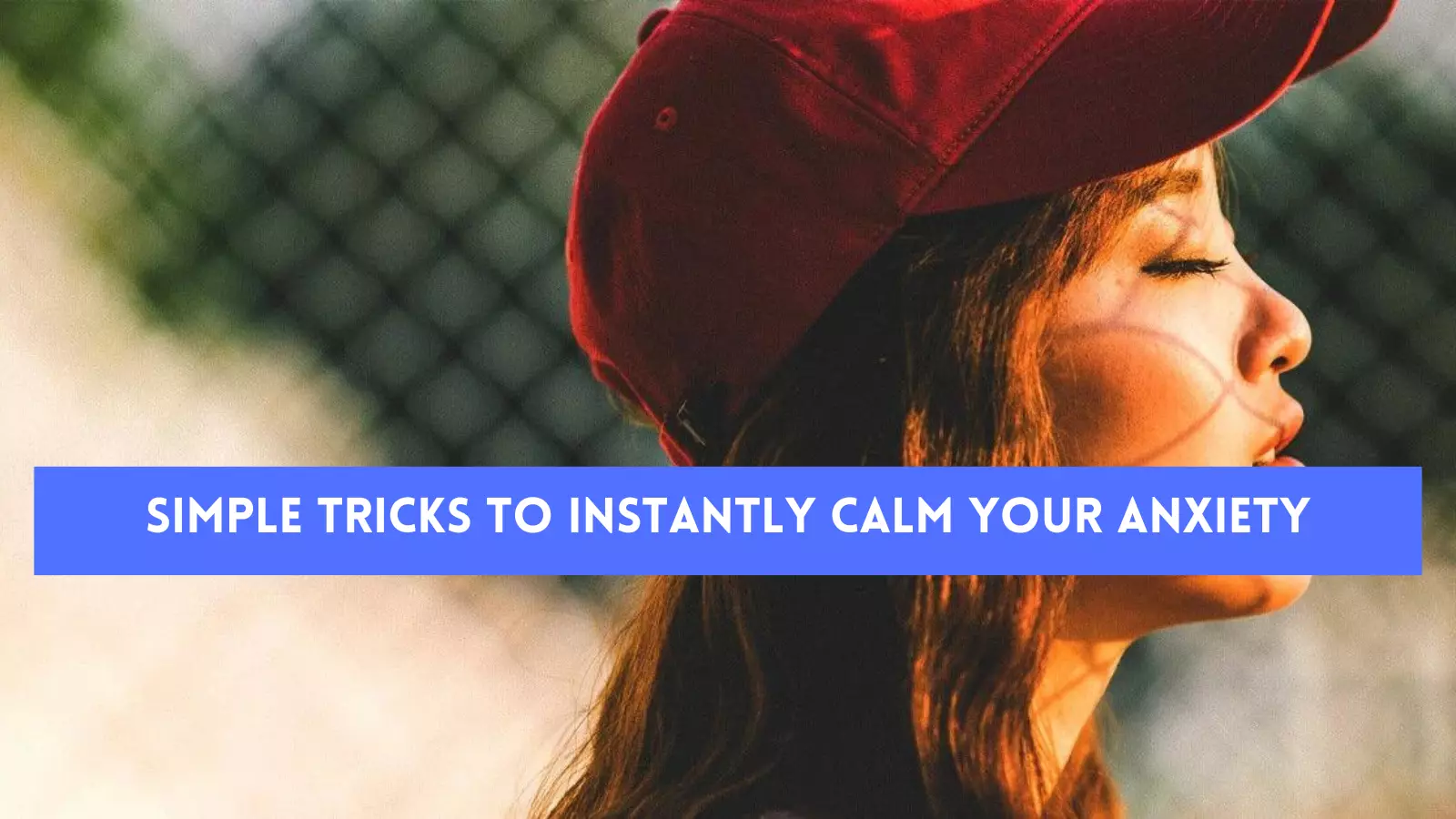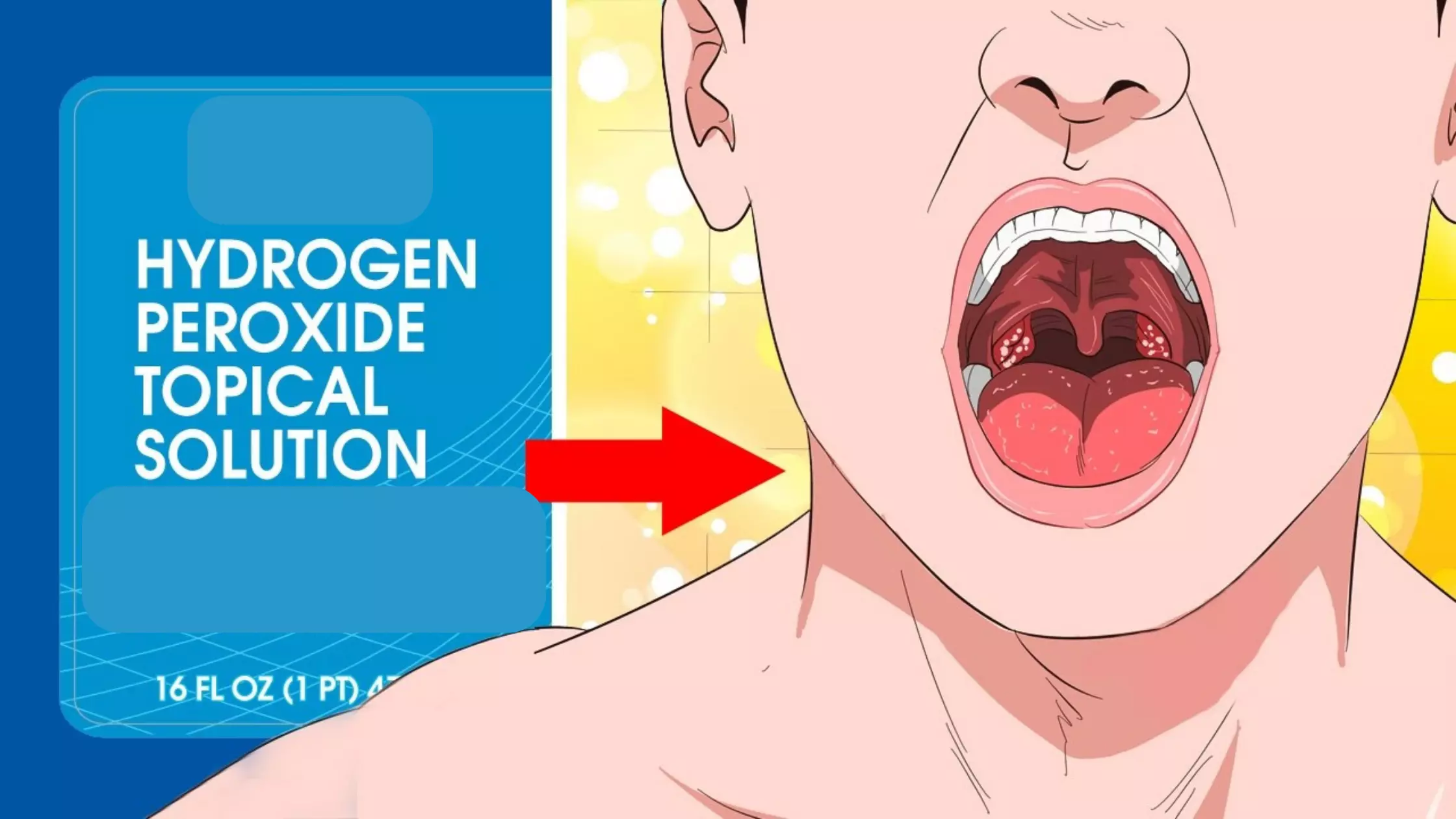Are you constantly plagued by anxiety? Do you find it challenging to unwind and quiet your brain? You’re not alone. A great many people all through the world experience the ill effects of uneasiness, a far and wide emotional wellness issue. Fortunately, there are easy techniques you may use to immediately reduce your worry and reclaim your sense of calm and peace. This article will examine practical methods and tactics for managing and reducing anxiety symptoms. From deep breathing exercises to mindfulness meditation, we’ll cover a wide range of approaches to promote relaxation and reduce anxiety levels.
Introduction
Numerous symptoms of anxiety might appear, including recurring worries, restlessness, irritation, and even physical ones like a rapid heartbeat and shortness of breath. It may significantly lower your quality of life and limit your ability to give your best effort. Even while it’s crucial to get professional assistance if you have severe or persistent anxiety, there are a number of self-help methods that can provide quick relief in trying circumstances.
Understanding Anxiety
Before we continue on toward a few basic techniques to decrease uneasiness, we should initially discuss what nervousness is and what it means for our bodies and contemplations. A normal reaction to stress and perceived threats is anxiety. It sets off the body’s fight-or-flight reaction, getting us ready to either face or flee danger. However, worry can affect our daily lives and general well-being if it becomes overbearing or out of proportion to the event.
Deep Breathing Techniques
One of the best ways of quieting uneasiness right now is through profound breathing procedures. Deep breathing activates the body’s relaxation response, signaling the brain to release calming neurotransmitters and reduce the production of stress hormones.
Here is a straightforward profound breathing activity you can rehearse whenever anyplace:
- Track down an agreeable position, either sitting or resting.
- Shut your eyes and take a sluggish, full breath in through your nose, building up to four.
- Hold your breath for a brief pause.
- Exhale slowly through your mouth, counting to six. Repeat this cycle for several minutes, focusing on the sensation of your breath entering and leaving your body.
- Deep breathing can instantly induce a sense of calm and help you regain control over your anxiety.
Progressive Muscle Relaxation
Moderate Muscle Unwinding (PMR) is a procedure that includes straining and loosening up various muscle bunches in an efficient way. By consciously releasing tension from your body, you can reduce physical symptoms of anxiety and promote overall relaxation.
Follow these steps to practice PMR:
Find a quiet and comfortable space. Beginning at the tips of your toes, strain the muscles in your feet for a couple of moments before totally loosening up them.
- Gradually move up your body, repeating the process with each muscle group, including your calves, thighs, abdomen, shoulders, etc.
- As you reach each muscle group, focus on the sensations of tension and relaxation.
Visualization and Guided Imagery
Visualization and guided imagery techniques involve creating mental images that evoke a sense of calm and tranquility. By engaging your imagination, you can transport yourself to a peaceful setting and alleviate anxiety.
How to practice visualization is as follows:
- Locate a peaceful area where you won’t be disturbed.
- To calm your body and mind, close your eyes and take a few deep breaths.
- Put yourself in a serene and lovely setting, like a tranquil beach or a verdant forest.
- Let the sights, sounds, smells, and textures of the location you’ve picked fill your senses as you imagine them.
- Stay in this mental sanctuary for a few minutes, allowing yourself to experience the tranquility and peace it brings.
Mindfulness Meditation
Bringing your attention to the present moment without passing judgment is a key component of the potent mindfulness meditation technique. You can relinquish stresses over the past or the future by participating in care rehearses, which will cause you to feel less apprehensive.
You might try the following easy mindfulness meditation method:
Choose a comfortable sitting or laying position.
- Keep your eyes shut and focus on your relaxing.
- Notice the sensation of each inhale and exhale, without trying to control or change your breathing.
- Whenever your brain meanders, delicately take your consideration back to your breath.
- Practice this for a few minutes, step by step expanding the length as you become more OK with the training.
Grounding Techniques
Grounding techniques are helpful when anxiety causes you to feel disconnected from the present moment. These techniques involve using your senses to anchor yourself in the here and now.
You can attempt a portion of the itemized guidelines recorded underneath:
What are the five things you could see, the four things you could contact, the three things you could hear, the two things you could smell, and the one thing you could taste at any one time?
- Splash cold water on your face and focus on the sensation.
- Grasp an article and focus on its surface, weight, and temperature.
- Practice deep breathing while counting the breaths or reciting a calming mantra.
Physical Exercise
Exercise has been shown to be an incredibly effective method for reducing anxiety and improving mood. Regular physical activity releases endorphins, which are brain chemicals that naturally elevate mood. On most days of the week, attempt to get in something like 30 minutes of moderate-force action, like energetic strolling, running, swimming, or cycling.
Journaling
Journaling can be a therapeutic outlet for expressing and processing your emotions. Putting your thoughts and feelings on paper can help you gain clarity and perspective, reducing anxiety in the process. Set aside a few minutes each day to write freely without judgment. You are free to express whatever thoughts that come to mind, including worries, thankfulness, and other topics.
Aromatherapy
Aromatherapy involves using essential oils to promote relaxation and reduce anxiety. Some smells, like lavender, chamomile, and bergamot, have calming qualities that can help lower tension.
You can use essential oils in a diffuser, add them to a bath, or apply them topically after diluting them with carrier oil.
Herbal Supplements
Several herbal supplements have been traditionally used to calm anxiety and promote relaxation. Before adopting any herbal medicines into your routine, you must, however, speak with a medical expert. Spices including chamomile, valerian root, passionflower, and lemon emollient are regularly used to treat tension.
Dietary Changes
Your mood and anxiety levels can be strongly impacted by what you eat. Incorporating certain foods into your diet and avoiding others can help calm your anxiety.
Here are a few dietary ideas to consider:
- Increment your utilization of omega-3-rich food sources like greasy fish, flaxseeds, and pecans.
- Limit or avoid caffeine and alcohol, as they can exacerbate anxiety symptoms.
- Consume complex carbs, for example, entire grains, which can advance the creation of serotonin, a synapse related to state-of-mind guidelines.
- Stay hydrated by drinking adequate water throughout the day.
Social Support
Seeking support from loved ones can make a significant difference in managing anxiety. Reach out to loved ones, such as friends, family, or support groups, who may lend a sympathetic ear and understanding. Sharing your ideas and feelings with others might help you relax and feel more secure.
Creating a Calming Environment
Your environment can greatly influence your mental state. Creating a calm and soothing environment can help reduce anxiety.
Consider the following tips:
Declutter your living space to promote a sense of order and tranquility. To create a pleasant ambiance, use soft lighting, such as candles or dimly lit lamps. Play calming music or nature sounds to create a peaceful ambiance. Surround yourself with soothing colors and textures that promote relaxation.
Time Management and Prioritization
Feeling overwhelmed and stressed can contribute to anxiety. Effective time management and prioritization can help you regain a sense of control and reduce anxiety.
Here are a few hints for better using time productively:
- Make a plan for the day and rank the things as indicated by significance and need.
- Break down larger tasks into smaller, more manageable steps.
- Delegate tasks when possible to lighten your load.
- Set realistic deadlines and avoid overcommitting yourself.
Disconnecting from Technology
Constant exposure to screens and the online world can increase anxiety levels. Taking regular breaks from technology can provide much-needed relief and promote a sense of calm.
Think about the following advice:
- Set aside specified times of the day for activities devoid of technology, such as reading, pursuing hobbies, or enjoying nature.
- Turn off notifications on your devices to minimize distractions.
- Establish a bedtime routine that excludes screen time at least an hour before sleep.
Music and Sound Therapy
We can utilize music as a strategy to reduce anxiety because it has a powerful impact on our emotions. Listening to calming music or engaging in sound therapy techniques can help relax your mind and reduce stress. Find your most resonant sounds and genres by exploring a variety of them.
Laughter Therapy
They say laughter is the best medicine, and it holds true for anxiety as well. Laughter releases endorphins and promotes a sense of joy and well-being. Engage in activities that make you laugh, such as watching a comedy show, spending time with funny friends, or practicing laughter yoga.
Affirmations and Positive Self-Talk
Our thoughts have a powerful impact on our emotions. Affirmations and positive self-talk can help reframe negative thoughts and reduce anxiety.
Use the following strategies:
- Recognize your negative thought patterns and replace them with uplifting statements.
- You should write down daily affirmations like “I am calm and in control” or “I choose to let go of worry and embrace peace.”
Seeking Professional Help
While self-improvement techniques for controlling tension can be useful, it’s basic to get proficient help on the off chance that your uneasiness perseveres or genuinely influences your regular routine. Advisors or advisors that have some expertise in psychological wellness can offer counsel, backing, and proof-based medicines to assist you with managing your nervousness.
Overcoming Perfectionism
Perfectionism often contributes to anxiety and stress. By letting go of the need to be perfect, you can reduce anxiety and embrace a healthier mindset.
Put these into action:
- Accept the idea of “good enough” instead of aiming for perfection.
- Celebrate your accomplishments, even if they fall short of perfection.
- Challenge negative thoughts related to perfectionism and replace them with realistic and self-compassionate ones.
Setting Realistic Expectations
Setting unrealistic expectations for yourself can lead to constant stress and anxiety. Learn to set realistic and achievable goals to reduce anxiety.
Consider the following tips:
- Break larger goals into smaller, manageable steps.
- Prioritize tasks based on their importance and feasibility.
- Celebrate progress and small wins along the way.
Cultivating Gratitude
Practicing gratitude can shift your focus from anxiety to appreciation and positivity. Spend a few minutes every day thinking about your blessings.
You can write them down in a gratitude journal or simply express them mentally. Cultivating gratitude can promote a sense of calm and contentment.
Finding Joy in Small Moments
In the midst of anxiety, it’s important to find joy in small moments and simple pleasures. Engage in activities that bring you joy and allow yourself to fully experience them. It could be anything, such as sipping tea, strolling around the outdoors, or spending time with close friends and family. Pay attention to these moments and savor the positive emotions they bring.
Conclusion
Managing anxiety is a continuous journey that requires patience, self-care, and the implementation of effective strategies. By incorporating simple tricks like deep breathing, progressive muscle relaxation, visualization, and mindfulness meditation, along with other techniques discussed in this article, you can instantly calm your anxiety and cultivate a sense of peace and well-being. Always keep in mind that you should determine what works best for you and, if necessary, seek professional assistance. Embrace these simple tricks and reclaim control over your anxiety, one step at a time.







